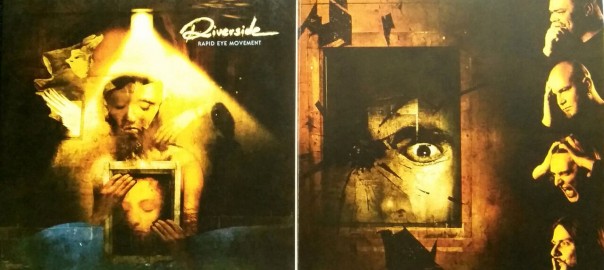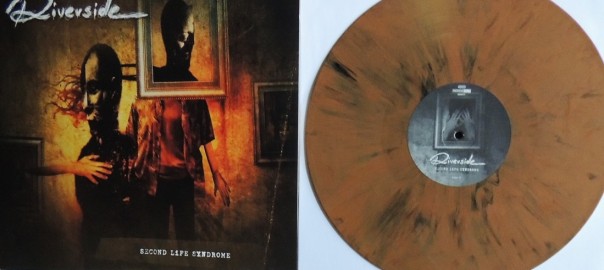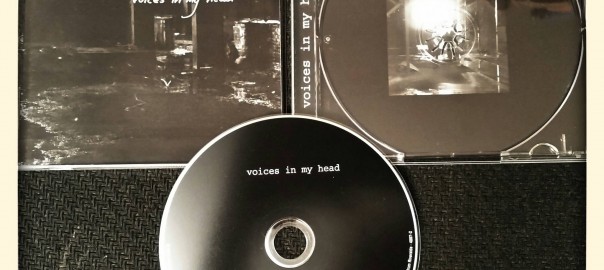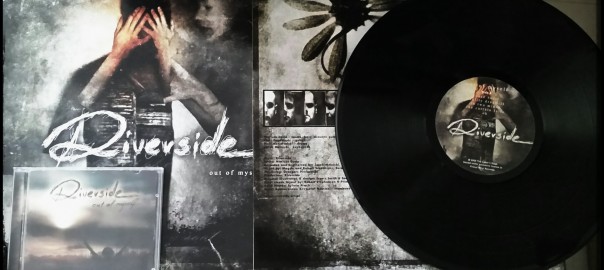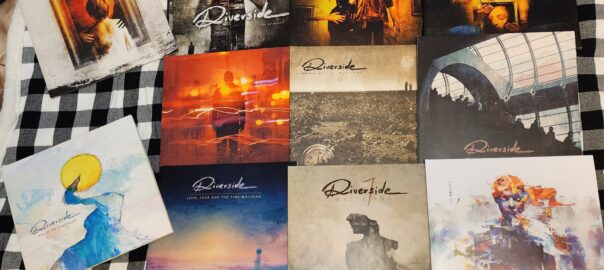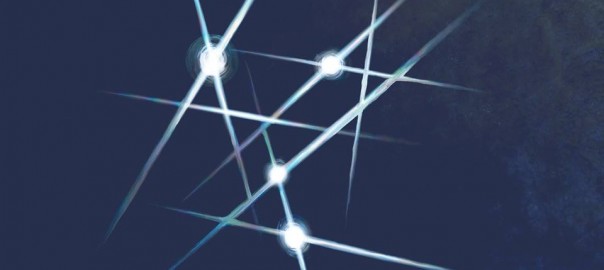I am glad you asked. My answer: the best band in the world. But you probably saw that one coming.
I have given this post a heavy edit; I first wrote it in 2015, when the discography consisted of five albums and two EPs, and one live album. I added new notes with each release up to Wasteland, but it became a mess, and the sequence hard to follow. So to hell with that. I will condense it into a list of official release dates.
The other thing though, is that I find I must revise my rankings. After a decade of listening and careful thought, I realize that there simply are albums I love way less than I want to. I mean, I don’t want to not love (I won’t say ‘dislike’ because it is not that) any of the albums, but I have to be honest enough to admit when they don’t work for me, and sometimes I wasn’t. However, I am not going to touch the actual reviews that I link to. For the most part, they say what I want them to say.
Riverside Release Dates:
- Out of Myself: 2003 Poland/2004 Rest of World
- Voices in My Head (EP): 2005
- Second Life Syndrome: 2005
- Rapid Eye Movement: 2007
- Anno Domini High Definition: 2009
- Memories in My Head (EP): 2011
- Shrine of New Generation Slaves: 2013
- Love, Fear and the Time Machine: 2015
- Eye of the Soundscape: 2016
- Wasteland: 2018
- ID.Entity: 2023
Note: Eye of the Soundscape has been reviewed here. I have not included it in the rankings below for reasons explained in that review.
But to get started…since I am reviewing the albums, I guess I am also rating them, one against the other, a task that is no trivial matter. And as with all such lists, it is mostly a reflection of my own personal taste and inclination and less a judgement call on the objective quality of the music. The band’s output varies so greatly in style and approach that it is impossible to actually pin down a genre beyond the broadest notion of “progressive”, and it should come as no surprise that some of their explorations resonated with me more than others.
Anyway, let’s begin with a rough ranking, from least favourite to most beloved, with a little capsule explanation for why they are in this order.
Voices in My Head (EP): made up of brief ballads and one great song, and a couple of very good ones. Only half the tracks are new, the other half are live versions of songs from the first album. See review here
Love, Fear and the Time Machine: This is the album that shifted its position the most: it was fifth, but alas, over the years I have come to like it less and less. It is an oddball. LFatTM is a rather more delicate and personal album — personal to Mariusz Duda that is — than any of the others, and with the exception of two great tracks, it just doesn’t work for me. See review here.
Shrine of New Generation Slaves: This is the most variable in quality of all the albums—there are a couple of excellent tracks, and alas a couple that are downright mediocre, something I regret to have to say about any Riverside song. The brilliant “Night Sessions” bonus tracks pull this album off the bottom. See review here.
Out of Myself: There is something about this album that keeps it from moving up higher in the ranks. I like it when I play it but I don’t get the urge to play it very often. Michał Łapaj had not yet joined the band, and so the sound is not yet “signature”; also, there are fewer (maybe only one) really stunning tracks than one generally finds on a Riverside album. See review here.
Rapid Eye Movement: The songs here range from brilliant to unmemorable, but alas it is the unmemorable that dominate. They are good songs but for some reason they simply do not stick in my memory – rarely an earworm from this album. However, the bonus disc is a revelation: these remixes and semi-experimental long instrumentals show a side of the band perhaps less appreciated than it should be. It is different enough from REM I to be almost a separate album. See review for REM here.
Memories in My Head: (EP) This EP represent the absolutely classic Riverside sound, in the form of three long, lovely proggy songs. If only the last one had fit in better…. Review is here.
Second Life Syndrome: This is a glorious album, not quite at the top because it is a bit variable in quality, but the monumental title track is one of the best, truly inspired long prog epics ever recorded by anyone, ever. Review here.
Wasteland: Riverside the trio, their first album as such, and with a whole new sound and feeling…and it is a massive accomplishment, from a band that has found their footing again. It took me a while to come to the conclusion that it does not quite reach the inspirational heights of ADHD, and it edges ahead of SLS mostly because the guys are now much more experienced craftsmen and performers. Review is here.
ID.Entity: This album is stunningly good, and it really was in the running for the best (for me); I do believe it encapsulates the entire history of the band in a brilliant way, and is enormously energetic — it is in fact so close to the top that I cannot promise that I won’t change my mind later. But as for right now…. Review is here
Anno Domini High Definition (ADHD): Ahhh yes, kick-ass progressive metal, a side of the band that surprised people I think, loud and raunchy and hard and relentless; in my mind the guys are at the absolute top of their game on this album. It was the first album for which they took a different approach to the recording of it, and boy did it work. ID.Entity comes very close, but the tight conciseness of ADHD, and the epic genius of “Left Out” was just too high a bar to get over. Review here.
See also a discussion of the Reality Dream live album/DVD here.
